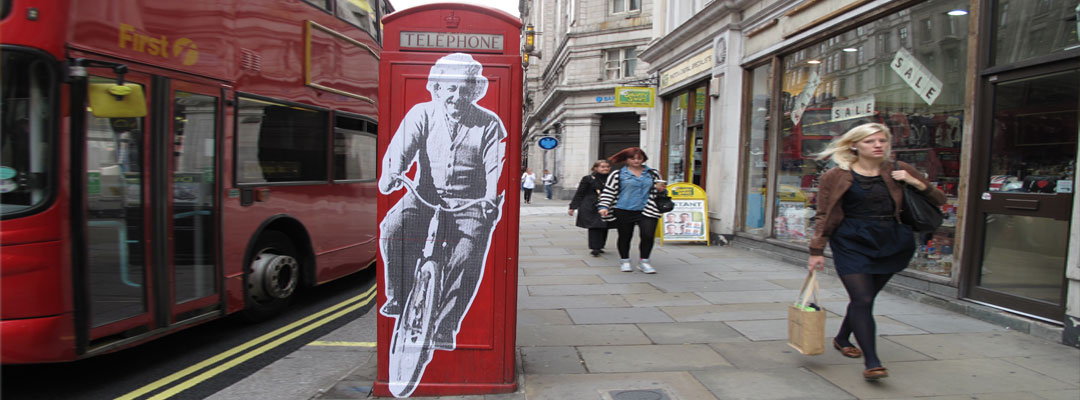

Chris Smeenk: Einstein’s Path to a New Theory
7 October 2015, 3:00 pm - 4:30 pm EDT
ABSTRACT
In November 1915, Einstein published a new theory of gravity. This lecture recounts the “rough and winding road” Einstein took in developing his theory, which ended with a dramatic race to the finish. Einstein’s approach was philosophical, partially guided by conceptual puzzles regarding space and motion. We will consider recent critical assessments of Einstein’s philosophy, along with the more general question of how philosophy can contribute to physics.
SPEAKER PROFILE
I began my undergraduate years intending to study physics. I was drawn to physics partly because physicists had obviously been so successful in discovering a great deal about nature, but also because modern physics is so strikingly creative and counterintuitive. In my freshmen year of college, I studied philosophy for the first time as part of an intensive humanities program. The first term of that course (taught by Ruth Marcus) was responsible for kindling my interest in philosophy. I discovered that it was possible to pursue both physics and philosophy, as a combined major. Thinking about these topics was exciting and rewarding enough that I decided to go on to graduate study, at Pittsburgh’s Department of History and Philosophy of Science.
HPS at Pitt was an incredibly enriching experience. HPS departments tend to be more closely aligned with either history of science or philosophy of science. A colleague in graduate school once memorably described Pitt’s department as neither “big H” (emphasis on history) nor “big P” (emphasis on philosophy), but instead “big S” (emphasis on science). Like most of my peers in graduate school, I developed the skills to do “big S”-style work by continuing to study physics. My dissertation is a historical and philosophical study of the development of early universe cosmology. This has continued to be a major focus of my research, but I also have worked on topics ranging from Newton’s work to the nature of time in Einstein’s theory of gravity. The common thread tying together all of this work is an interest in both what specific physical theories say about the world, and how we should justify and evaluate these theories.
After finishing my dissertation, I held a postdoc at the Dibner Institute (affiliated with MIT) for one year. I was then an assistant professor of philosophy for four years at UCLA before accepting a position at Western in 2007.
Read more about Chris Smeenk.
EVENT POSTER
Download a copy of the event poster and flyer.
EVENT VIDEO


This event is co-sponsored with the London Public Library and the Western Department of Philosophy.

